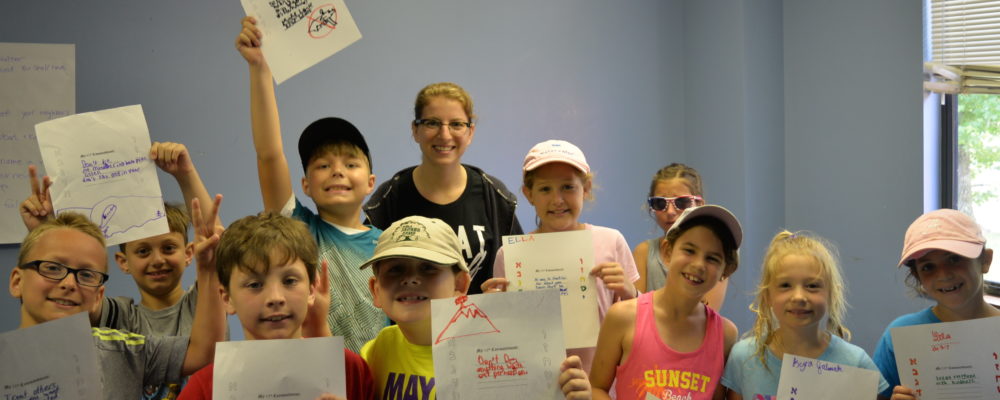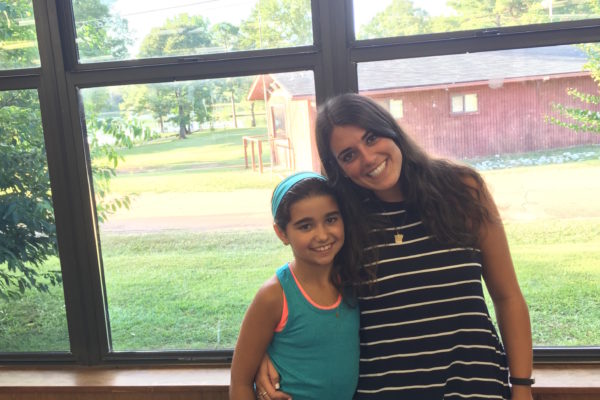At the end of camp each summer, many of our campers begin their countdown to when camp starts again. They cross off each day, anxiously awaiting the moment when they can walk through the gates of Jacobs Camp once again. Counting days is something that we do often in the Jewish tradition. Right now, we are in the process of counting the days of the Omer – the seven weeks between the beginning of Passover, when the Israelites escaped from slavery in Egypt, to Shavuot, when the Israelites received the Torah at the foot of Mt. Sinai. Along the way, the Israelites encountered many challenges – hunger, thirst, military foes – but with the help of Moses and God, they finally arrive at the foot of Mt. Sinai to be given the Ten Commandments.
It is taught that every single Jewish person – past, present, and future – stood at the foot of Sinai on the day of revelation. Somehow, we were all present as the mountain shook, and the skies thundered and the sound of the ram’s horn pierced through the air. It is an experience that is imbued within each and every person. I often struggle to connect with this idea – it’s hard to imagine myself standing at the foot at Sinai, anxiously awaiting Moses’ return. But I think that I got a better sense of it two weeks ago when I returned to Jacobs camp, about to begin my second summer here as a staff member. As I drove through the gates, time itself seemed to stop. It was as if the entire past year had not happened, that I had been at camp this whole time. Jacobs Camp has that kind of power. The memories that are created in this place are permanent, and we carry them with us throughout our lives. No matter how long we are away from this place, whether it’s a year, ten years or fifty years, the moment we walk through those gates, it’s as if time has stopped entirely, and we are transported back to those incredible summer days. Nothing has changed, and yet this place helps us to change so deeply. Like Sinai, camp is not merely one moment happening to one person at one time. Instead it is a moment that echoes throughout time, that shapes who we are and pushes us to be better than we think we can be.
Chag Shavuot Sameach,
Lexi Erdheim
Education Director


